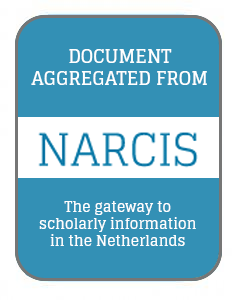Resource information
The aim of this paper is to explain, with the aid of institutional economic theories, why Dutch works councils may contribute to an efficient governance structure. To this end, in this study a sketch will be given of the existing structure, in which the particular Dutch two-tier system plays an important role. After a short discussion of the property rights theory, transaction costs theory and the principal-agent theory, these theories will be applied to the Dutch corporate governance structure and more specifically to employee participation rights. The paper intends to show that works councils fulfil an important economic function, by protecting the interests of the employees as well as those of the shareholders.Several agency problems can be solved. By giving the workers consultation and codetermination rights, this will reduce their dependence on unilateral decisions by the management and may stimulate them to be more cooperative, leading to greater productivity and less monitoring costs. By giving the workers information rights, the management becomes more disciplined as well. Because the works councils usually do not determine the terms of employment, the owners of the firm do not need to fear (as expressed by Lazear 1998) that the employees will be able to extract a portion of the firm’s profits. Even if the control rights are granted to workers who have made no firm-specific investments, it can be argued that the fear (as expressed by Furubotn 1988) of mismanagement is unwarranted. Keywords: corporate governance, information asymmetries, multiple agency problem, property rights, stakeholder value, transaction costs, works councils.


